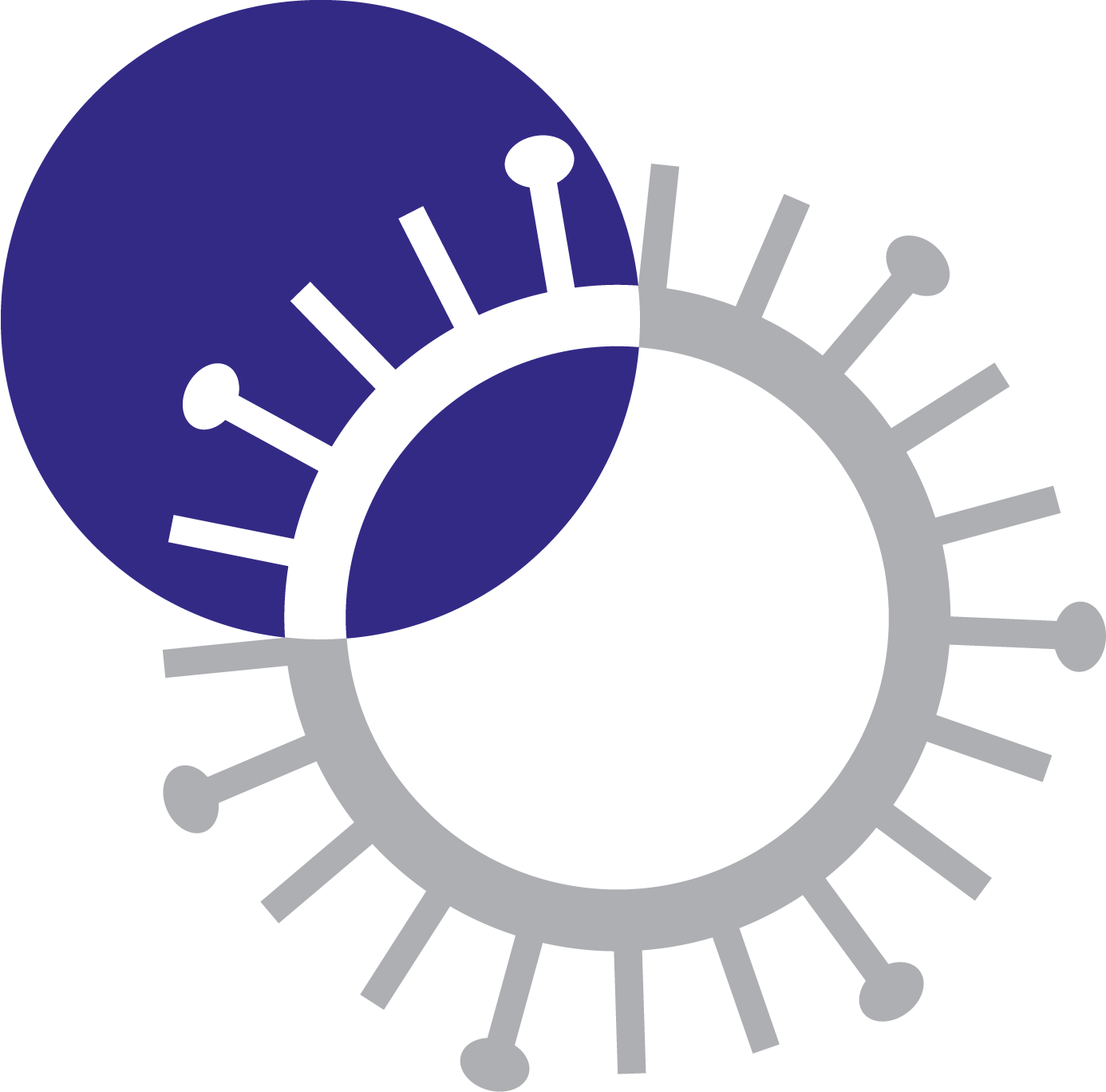What We Do
We are one of five WHO Collaborating Centres for Reference and Research on Influenza that analyse specimens and virus isolates from influenza patients around the globe. Throughout the year we collect and analyse human influenza viruses for epidemiological, antigenic (immune response) and genetic characteristics.
Data from all five Collaborating Centres are reviewed to determine which circulating influenza strains are predominant in the community and therefore would be appropriate components of seasonal vaccines. Based on these data, the WHO makes a recommendation twice a year on influenza strains to be included in the vaccine for the coming influenza season. This is for both the Northern Hemisphere (recommendation made in February) and the Southern Hemisphere (recommendation made in September). The final decision on the composition of vaccines in each country is the responsibility of relevant national authorities.
In addition to surveillance, our staff at the Centre also engage in research, training and education activities. More detailed information about our centre activities can be found here.
